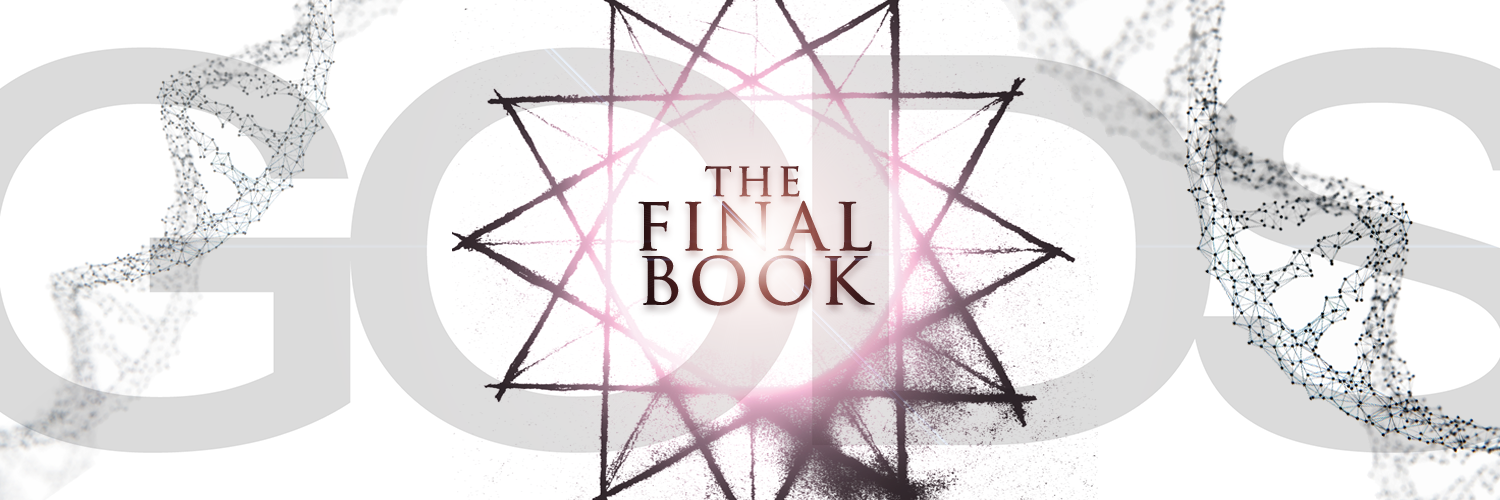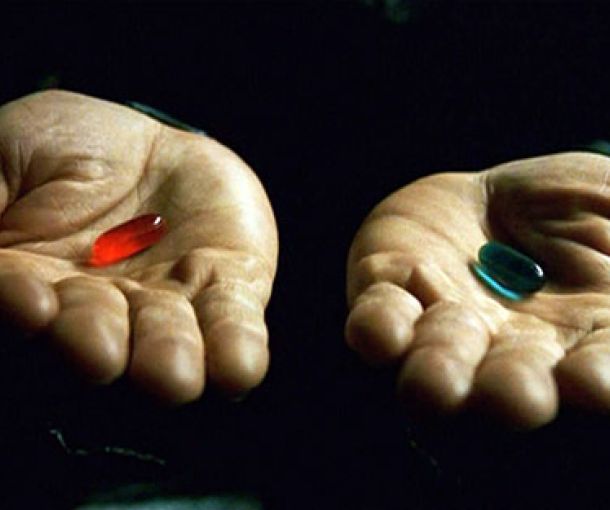AI and Immortality: MindCloud

Immortality awaits! Suppose the kind corporate folks at MindCloud offer you the following "deal":
In exchange for your earthly, bodily existence (and maybe a few ducats), MindCloud will upload all of your memories, hopes, aspirations, and emotional and affective dispositions up onto a secure place in the cloud. In this place "you" will be able to explore and experience the ever-increasing contents therein, where "you" may contribute to such content by building up a new cloud-based narrative of "your life," and where "you" will also be able to satisfy virtual analogues of felt bodily urges and needs, without having actually to attend to the hassles of tending and caring for a corporeal body.
Would or would not accept such a deal? What would your concerns be? Here's what I think:
MindCloud is entertainment. MindCloud is fiction. And I can’t help but take the idea to its absolute—becoming God.
In order for MindCloud to have reasonable appeal, it would have to come equipped with a self-imposed kill switch. The prospect of immortality (simulated or not) is cringeworthy unless one happens to be extremely self-determined and goal oriented. Without preoccupation—intrinsic value and satisfaction coming from achieving specific tasks—existence itself would eventually become a prison. What makes life valuable is that it has a limit—knowing that one day it’s going to end. For example, currency / money is merely a social fact and a simulation that points to "real" wealth; our belief in money is the only thing that gives it value. I think it would be extremely unwise to start “believing in” a MindCloud simulation as reality or something “real”, as then actual reality would be meaningless (though I suppose some would argue that it is).
To me, MindCloud isn’t so much of a moral question of whether this type of experience is “right or wrong”; that MindCloud is circumventing God and Nature. Rather, MindCloud is a simple choice of subjective preference. The only reason one would want to participate in MindCloud is that it “offers more time” to live consequence-free, and one wishes to have more experiences. However, once the excitement fades, the newness wears, and you’ve experienced an eternity of your favorite things—it’d be time to opt out via the kill switch.
Personally, the only reason I would participate in MindCloud would be under the notion of knowledge and discovery. MindCloud would give me an infinite amount of time to answer every question about what it means to be human, develop and perfect new maths that would allow me to create new technology (ideally the kind that no longer limits me to space), and then see to conclusion my various curiosities and theories of the universe. Make no mistake, if I were “in” MindCloud—I would become Rick from Rick and Morty.
Once the self-discovery and questions of the universe have been answered, it might then be appealing to become a creator—an architect of my own universe. By having unlimited knowledge, time, space, and technology, I could then create my own universe filled with all the creatures and kinds I could imagine.
However, in doing so, this would create a new consideration. Once everything has been created—and my life is now once again a prison of mundane—would I have a responsibility to continue existing simply because I’ve created a “new universe” dependent upon my existence? By invoking the kill switch, I’d also be killing everything I created—while this “new universe” is only in my imagination / simulation, that doesn’t make the “new universe’s” existence any less precious or valuable from the perspective of its creatures. I would have effectively created a “real-world” existing within a fake-world (the simulation of MindCloud), that exists in reality—supposing Elon Musk is wrong about the current state of our own reality.
The most important—and most difficult—thing to keep in mind is that MindCloud isn’t real. It’s a simulation. Can something fake create something real, i.e. my new universe? Can anything in the simulated world translate into the exterior real world? And, ultimately, if not—what’s the point? It would be like playing a giant game Sims for an eternity, and the thought of that makes me want flip my kill switch right now.
The entire MindCloud project has to be looked upon as a video game. Are video games pointless? Not entirely, they provide entertainment and an escape from reality. If you’re disabled or paralyzed, MindCloud might provide simulated relief—one gladly exchanging a poor reality for an improved “fake reality”. Perhaps you weren’t able to get what you wanted out of real life or felt like you got short-changed, MindCloud may offer a simulated second chance. Perhaps you’re just looking to be entertained, in which case MindCloud is perfect—because that’s all it is.
A larger question might be, do we care that MindCloud is fake? Why does a simulation of reality hold less value than actual reality? And, if actual reality is simply an escape from nothingness—how is MindCloud any different?
For me, all of these questions are simple; it comes down to not being satisfied with being the God of my own world—but rather wanting to be the God of All Worlds. Anything less, then what’s the point? I’ll keep slugging along in world-fire cosmic re-birth until one day it spits me out as a God, then it will be time to have a sit-down with Big Chief God and take the crown. Maybe it would be a relief—Big Chief God aching to push that kill switch but can’t bear to see all of existence go out of existence, so he waits to pass the torch—and I’d be dumb enough to take it from him.













